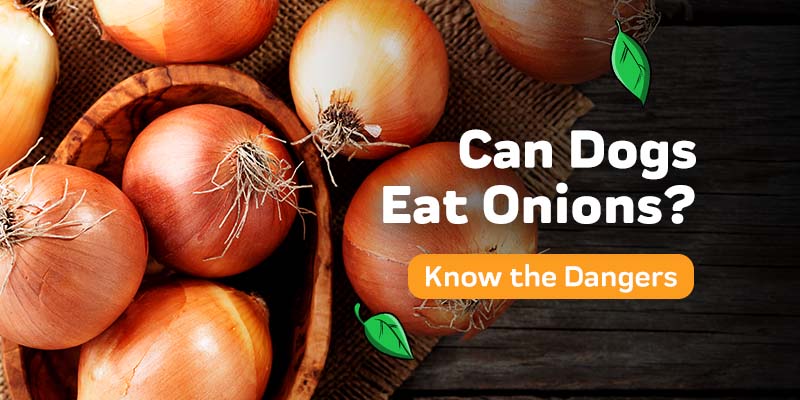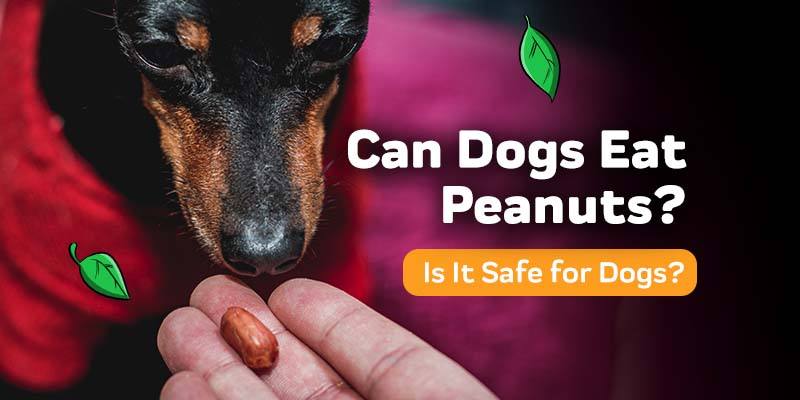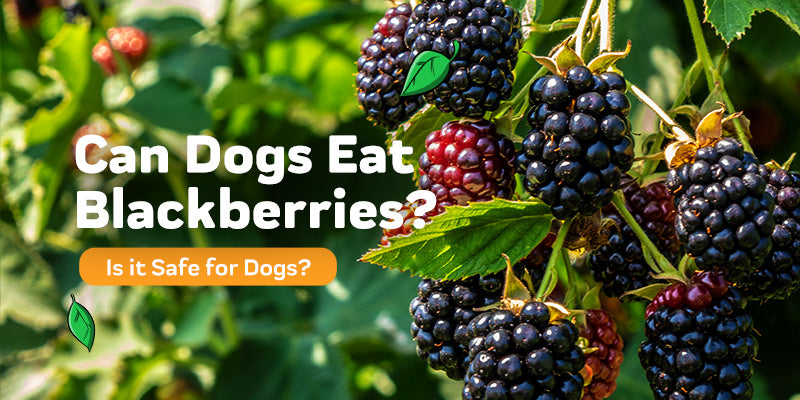One of the most peculiar experiences of owning a pet like a cat or a dog is keeping them from chewing on and devouring random things. Whether it’s random scraps that find their way onto the floor or, if your pet is really curious, wrappers and trash they find lying around when they’re bored. And grass. To some, the fascination cats have with eating grass is a mystery. They eat it and the next thing you know they’re back in the house throwing up a gooey green mess on the floor. One common belief is that cats only do this when they’re already sick because unsurprisingly, it seems as if anytime they nibble on the stuff they end up vomiting. In fact, the belief has been passed on to many that cats use grass as their very own natural Pepto-Bismol as if they intentionally consume it to soothe their stomachs and relieve themselves when they’re feeling ill.
According to a recent survey of more than 1,000 cat owners and their furry friends’ peculiar grass-eating fetish, this isn’t the case. Cats, researchers learned, eat grass all the time and it’s not just when they’re sick. This just seems to be the only time cat owners take notice because naturally, they’re left cleaning up the mess. Nonetheless, the University of California, Davis, School of Veterinary Medicine believe their internet-based voluntary survey taught them something about why cats eat vegetation so often even if it makes them sick.
71 percent of cats were witnessed snacking on plants at least six times in their lifetime, 61 percent at least 10 times and only 11 percent of cats were never observed eating vegetation, from a total of 1,021 cat owners who were surveyed for the research. What the researchers found interesting was that cats had no signs of illness before eating grass 91 percent of the time. Less than a third (27 percent) of cats frequently vomited after consuming grass or plants. For cats younger than three-years-old, 39 percent eat it daily while just 27 percent do so older than four years.
So what did researchers take from this?
For one, the researchers now believe that cats don’t intentionally eat grass or plants to make themselves throw up or in relief of a stomach ache; it’s not a kitty digestive aid of sorts. And younger cats simply learn to nibble on the stuff because they watch older cats do it.
Eating grass does serve a primitive purpose though, they believe. It’s just something domesticated house pets don’t engage in as much today. They say field studies have found that wild carnivores and primates regularly eat non-digestible vegetation because it has the ability to purge parasitic worms that would otherwise be left untouched, potentially causing other health problems altogether. Cats likely do this for the same reason because grass can stimulate muscle activity within the digestive system that forces parasites out of their system.
“Given that virtually all wild carnivores carry an intestinal parasite load, regular, instinctive plant-eating would have an adaptive role in maintaining a tolerable intestinal parasite load, whether or not the animal senses the parasites,” the authors conclude in their summary.
“In the wild, cats eat grass after they have eaten their prey,” says Carlo Siracusa, an animal behaviorist of University of Pennsylvania School of Veterinary Medicine who wasn’t involved in the study. In many cases, the grass causes the cat to vomit. We believe this is nature’s way of helping the cat expel the parts of their prey that are indigestible.”
The findings parallel those of a similar study of dogs just over a decade ago. In the 2008 study, researchers learned that dogs also rarely are sick before chowing down on vegetation. Vomiting, it turns out, is a very rare result of eating grass for both species. Benjamin L. Hart and his research team found that grass eating for dogs wasn’t related to the dog’s diet or amount of fiber the animal had in its diet, meaning the greens aren’t being used to make up for any dietary deficiencies even though dogs do eat grass more frequently than cats. As it relates to the findings of cats’ grass-eating habits, cats tend to be less susceptible to the same intestinal parasite infections that non-edible vegetation is believed to serve a function in clearing. And this may be because cats have a habit of burying their feces and therefore avoiding the feces of others, whereas dogs are notorious for diving face-first into the feces of others. This has slowed the spread of parasites in cats and increased the likelihood of it in dogs.
So it seems as if cats’ and dogs’ habits of eating grass (and then oftentimes throwing it right back up) isn’t a sign that they may be sick. It’s actually an instinctive behavior passed down with a legitimate health function. And it’s one they aren’t given much of an impulse to control. So since this behavior is something you can only do so much to prevent, researchers suggest the best possible solution for keeping your indoor cat from gnawing on those greens is to make sure there is plenty of safe, non-poisonous greens like cat grass at home.
“Even if your indoor cat has never caught a mouse or bird, she will instinctively be attracted to cat grass,” writes petMD.
“It’s a behavioral instinct,” Siracusa adds. “Grass is also a form of fiber that helps cats either throw up hairballs or digest them by acting as a laxative. Cat grass is safer than outdoor grass which may have been chemically treated with pesticides. It also gives your cat a healthy alternative to nibbling on houseplants and flowers, many of which are toxic to cats.”
But of course, no matter how much grass your cat or dog dives into, you should always consult your vet if you’re looking for a solution. They may find that your pet’s habits are an entirely normal and healthy habit after all.
Sources:
Eating Grass in CatsWhy Do Cats Eat Grass?
Why Do Cats Eat Grass?
Mystery solved? Why cats eat grass
Eating Your Greens The Basics Of Cat Grass
Is It Healthy or Harmful If My Cat Is Eating Grass?
















